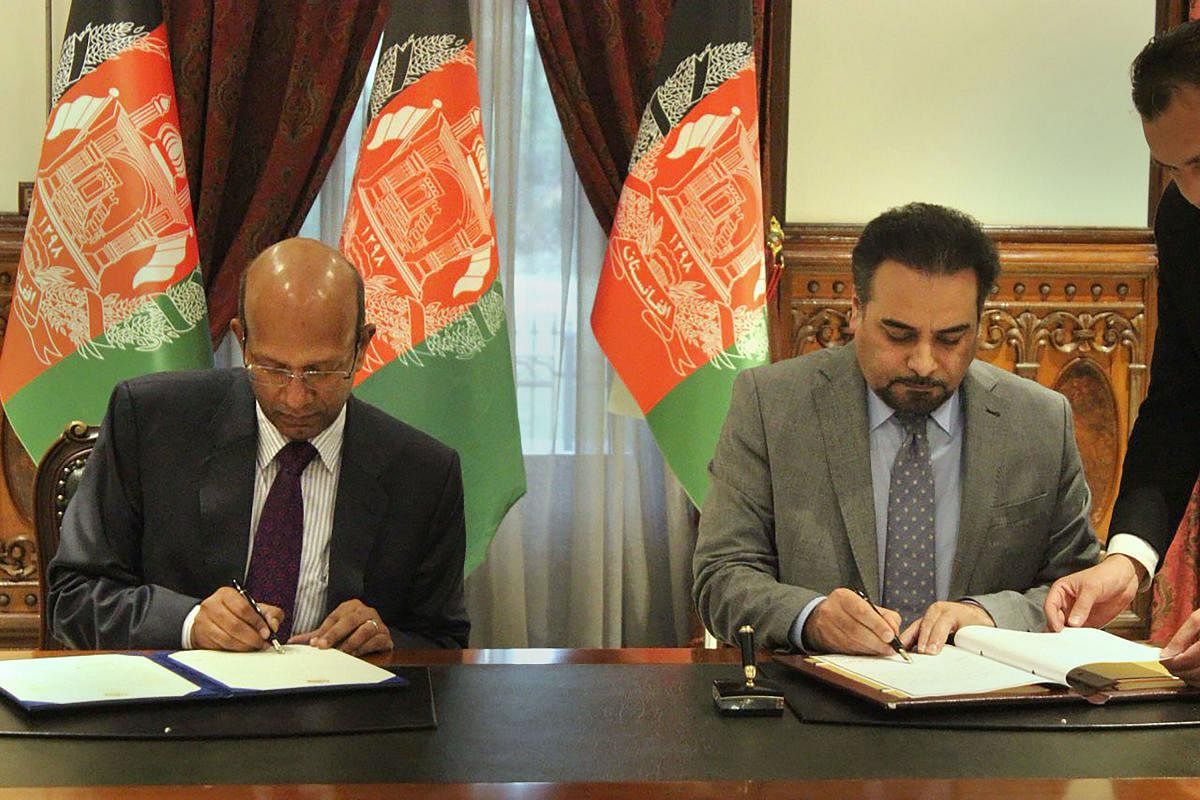Security co-operation between India and Afghanistan has reached an important milestone with the two countries exchanging instruments of ratification of an extradition treaty. The treaty will provide New Delhi and Kabul with a legal framework for seeking from each other extradition of terrorists, economic offenders and other criminals. Such a treaty is useful as it puts in place a formal process by which India can request Afghanistan to surrender to it an individual for prosecution of crimes committed in India’s jurisdiction. Several Indian nationals are known to have joined terrorist and jihadist groups like the Taliban, the Islamic State of Khorasan Province (ISKP), the Haqqani Network, al-Qaeda, etc.
They are based in Afghanistan, whether to participate in the fighting there, for training or purposes of sanctuary. There are Pakistani nationals, too, who are wanted for terrorist attacks and other crimes in India and are operating out of Afghan territory. They are being provided sanctuary by anti-India terror groups like the Lashkar-e-Taiba or Jaish-e-Mohammed and other protégés of Pakistan’s Inter-Services Intelligence in Afghanistan’s border regions. Should they fall into the hands of the Afghan security forces and detained by the Afghan government, Delhi could request for their extradition to stand trial in India.
India can expect to see the benefits of the treaty soon. The Ghani government is considering handing over to India some 13 Indian nationals who fought alongside the ISKP and surrendered recently to Afghan security forces. Their interrogation will help Indian agencies to secure information on local jihadist networks. Both India and Afghanistan have serious concerns over Pakistan’s support and sanctuary to terror groups that are undermining their security. Their cooperation in fighting terrorism emanating from and supported by Pakistan will get a substantial and concrete boost with the extradition treaty.
India has extradition treaties with 47 countries. However, these treaties have not proved too productive; till date, it has managed to secure the extradition of just 62 people. This is because in many cases, what is seen as a crime in the requesting country is not perceived similarly in the other. This is especially the issue in cases involving terrorist attacks. Additionally, countries which have strong human rights laws are often reluctant to extradite to India. These issues are unlikely to come up between India and the Ghani government, since their definitions of terrorism and its sources are similar. This could change if a government unfriendly to India takes charge in Kabul. It underscores yet again the need for India to cultivate good relations with all leaders, parties and regimes in Afghanistan.
